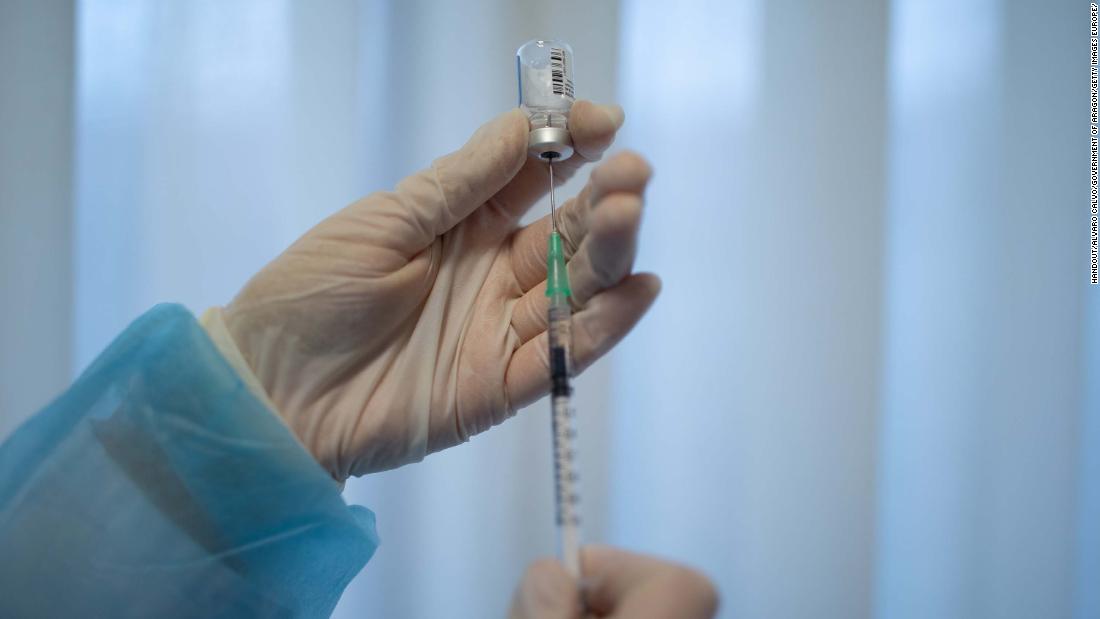“What will be done is a record … of the people who were offered and simply rejected,” Illa told Spanish TV channel La Sexta.
But health professionals warned that the idea poses potential dangers.
“The most important thing is to know how the record will be used,” said José Luis Cobos, deputy director of the General Nursing Council of Spain.
“If it’s for public health purposes, to better understand COVID, and it’s anonymous, that’s one thing,” he said.
“But if it’s ‘Now I’m on the list of bad people’, that’s another thing. We don’t think a record should be used to infringe liberties or for employers against people,” he added.
Vaccine implementation in progress
Hours after Illa’s television interview on Monday, the head of the Spanish Medicines Agency, Maria Jesus Lamas, told Spanish radio SER that the new record would be used “to understand the causes behind the decline in vaccination. .. doubt or rejection “.
“The registration is anonymous,” she added. “There is no chance to identify anyone on the record.”
Spain’s 17 regional governments administer vaccines across the country.
In southern Andalusia, people currently appear on a record if they receive a vaccine, including the batch number and who administered it for quality control purposes, a spokeswoman for the Andalusian health department told CNN.
The spokeswoman also noted that there is no record for the general public that refused vaccination, although Andalusian health professionals must sign a document if they refuse vaccination.
Spain has the ninth largest number of coronavirus cases in the world, with more than 1.8 million, and the tenth largest number of deaths, just over 50,000, according to Johns Hopkins University.
